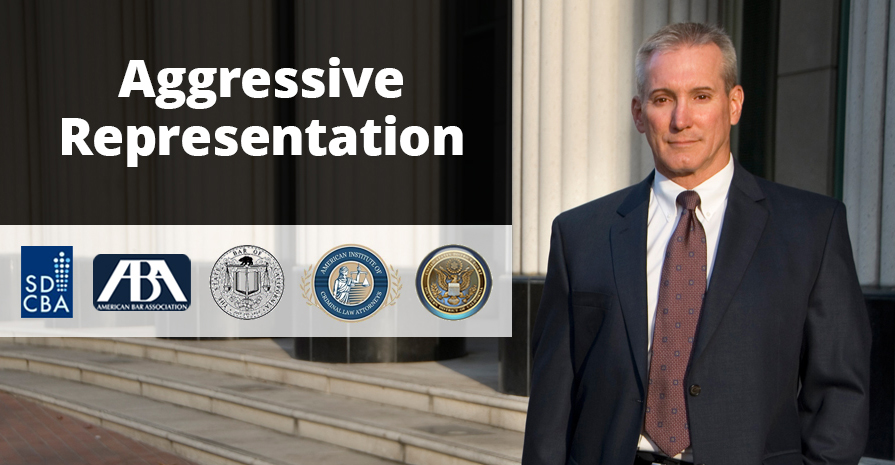|
Arson |
ArsonArson Penal Code 451 & 452
If you or someone you love is being investigated for, arrested for, or has been charged with violating Penal Code 451 & 452 (Arson) time is not on your side. Every second of every day that passes, a professional team of experts at the Prosecutor’s Office is building their case against you. We strongly recommend that you contact an attorney immediately after learning about these charges, to help you build a strong, successful defense.
Definition Fire-related charges in California typically fall under two categories: (1) Arson – the willful, malicious setting of a fire that burns a structure, forest land, or property; and (2) Unlawfully causing a fire – the reckless causing of a fire that burns any structure, forest land, or property.
In the State of California, Arson is governed by Penal Code 451 & 452, which state:
A person is guilty of arson when he or she willfully and maliciously sets fire to or burns or causes to be burned, or who aids, counsels, or procures the burning of, any structure, forest land, or property. California Penal Code 451
A person is guilty of unlawfully causing a fire when he recklessly sets fire to or burns or causes to be burned any structure, forest land, or property. California Penal Code 452
The Elements In law, every charge carries with it a set of “elements” that the Prosecutor must prove beyond a reasonable doubt. All of the elements must be proven in order to convict someone of a given crime.
To be charged under California Penal Code 451 PC, the elements that the prosecutor must prove are:
To be charged under California Penal Code 452 PC, the elements that the prosecutor must prove are:
Our office is experienced at finding which elements the prosecution cannot meet, or which elements are weak points in the prosecution’s case against you and may keep the prosecution from being able to prove you guilty of Arson under California Penal Code 451 & 452.
Possible Penalties While it may seem like the two areas of arson are similar, they are quite different. California Penal Code 451 PC handles fires that were set intentionally and maliciously, whereas 452 PC addresses accidental or reckless fires that may or may not have been intentional or malicious. The difference between an act that is “intentional and malicious” and an act that is merely reckless, leads to substantial differences in the possible penalties.
California Penal Code 451 PC All charges under California Penal Code 451 are considered felonies and are punished severely. The exact duration of the sentence depends on the consequences of the fire. Each of the following charges count as a strike under California’s Three Strikes law, if they’re found to be malicious. 451(a) If you willfully and maliciously set a fire that causes another person to suffer great bodily injury, you can be sentenced up to nine (9) years in prison. 451(b) If you willfully and maliciously set fire to an inhabited building, you can be sentenced to up to eight (8) years in prison. 451(c) In you willfully and maliciously set fire to an uninhabited building, you can be sentenced to up to six (6) years in prison. 451(d) If you willfully and maliciously set fire to your own or someone else’s property, you can be sentenced up to three (3) years in prison. These maximums may be increased if the charges are found to be “aggravated.” Aggravated means that there are additional circumstances that make the situation worse for the victims. Situations that would cause the fire to be considered “aggravated” include:
If you are convicted of aggravated arson, your maximum sentence may be increased by up to five (5) years. California Penal Code 452 PC California Penal Code 452 PC is considered a “wobbler” in California. This means that it can be considered a misdemeanor or a felony, depending on the situation. 452(a) Felony If you recklessly set a fire that causes great bodily injury, you can be sentenced to two (2), four (4), or six (6) years in state prison, or by imprisonment in the county jail for not more than one (1) year, or by a fine, or by both imprisonment and a fine. 452(b) Felony – If you recklessly set fire to an inhabited building or property, you can be sentenced up to two (2), three (3), or four (4) years in state prison, or imprisonment in county jail for not more than one (1) year, or by a fine, or by both imprisonment and fine. 452(c) Felony – If you recklessly set fire to forest land, you can be sentenced up to 16 months, two (2) or three (3) years in state prison, or by imprisonment in the county jail for no more than six (6) months, or by a fine, or by both imprisonment and a fine. 452(d) Misdemeanor – If you recklessly set fire to a property that is not your own (unless there is injury to another person, another person’s structure, forest land, or property), you may be sentenced up to six (6) months in jail and/or a fine up to $1000. As with 451, charges under California Penal Code 452 are to be served consecutively. Defenses The sooner you call our office the sooner we can hear the truth about what took place. Depending on the facts of the situation, and whether you’ve called our office soon enough, we may be able to take the facts you share with us and meet with the District Attorney to keep charges from being formally filed against you. If charges have already been filed against you, our office is experienced at going through all of the evidence line-by-line to find discrepancies and discover all possible defenses for your case. As with all criminal cases, most defenses target at least one of the elements stated above. Examples of defenses in a Arson case that we may be able to find in your favor include (but are not limited to):
Each case is unique and may be better suited to one particular defense over another. Always speak to an attorney about all of your options when deciding the defense(s) that may be best for you. |
|










